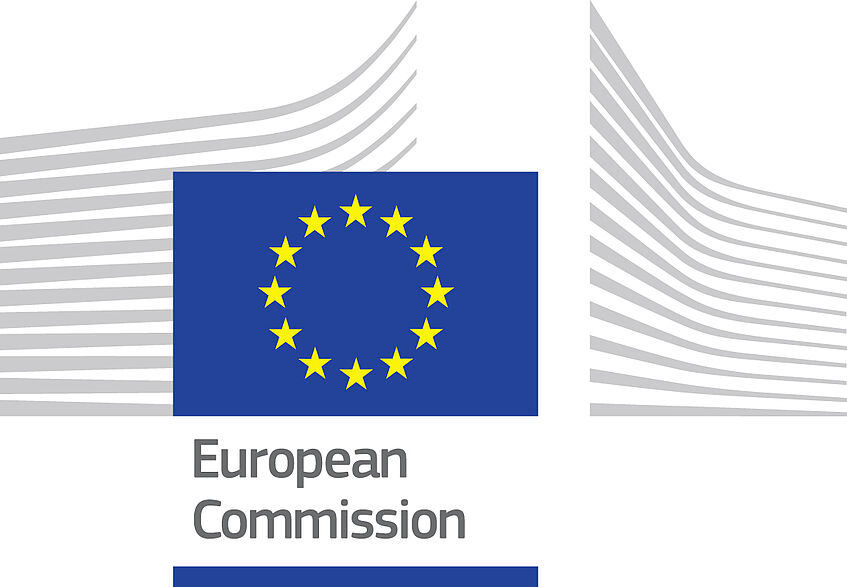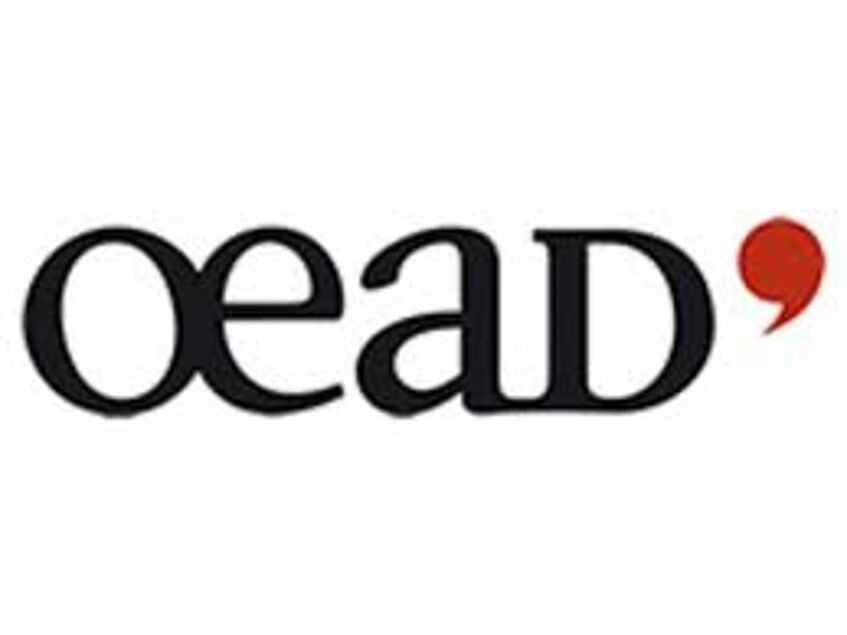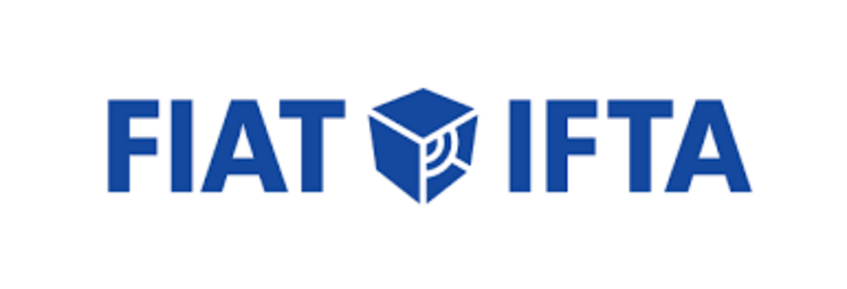Welcome!
The Media Governance and Industries Research Lab, established by Professor Sarikakis in 2011, studies the processes of and challenges posed by governance of communication processes and the media in relation to Democracy, Citizenship and Human Rights.
Governance is understood as a dynamic and process determined concept, which contains a sum of processes derived and impacted upon by institutions, the law, values and principles, regulatory frameworks, as well as practices that shape media and communicative spaces and processes.
Our principles
Our work is both theory and practice driven, aiming to bridge academic systematic enquiry and theory together with applicability and solution driven research. Our work is hostage to neither direction. Yet, the Lab's commitment is to engage actively with world affairs and real world research and to pursue research with social responsibility.
The Lab is hostage to no methodological dogmas: we engage in established and innovative research methods as these may be useful to help us answer appropriate, relevant, timely research questions- not the other way around. Seeking the best methodological tools means being also active in developing new methods that are best suited to help provide answers to the research questions we ask.
Our research and epistemological ethics is underpinned by a commitment to a margins-activated research, especially in providing critique standards and measures. As such, and with an ethical compass firmly on real world research, our research is engaged and engaging aiming to supportng the betterment of the human condition.
NEWS
- October 2025
Conference Screening the Scene: Rethinking European Film Competitiveness took place. More details here.
- June 2025
New publication in REBOOT! Sarikakis, K., & Chatziefraimidou, A. (2025). Artificial Intelligence and Privacy: The Urgent Need for Children’s Media Literacy. Comunicando Journal, 14 (1), e025003. doi.org/10.58050/comunicando.v14i1.422
- June 2025
New publication! Sarikakis, K., Gudkova, O., Buvač, N., Marinkovic, A., & Ametova, G. (2025). Giving up on the law? The disconnect of hate speech policy and female journalists’ experiences. Feminist Media Studies, 1–17. doi.org/10.1080/14680777.2025.2505182
- August 2025
ESA RN18 Conference GAMEHEARTS will present a paper at the European Sociological Association’s Research Network 18- Sociology of Communications and Media Research conference titled "Communication and Capital(ism)". The paper, "Fragmented Governance and Youth Protection: A Comparative Study of Loot Box Regulations across Europe," is authored by Professor Katharine Sarikakis, Oleksandra Gudkova, and me Ayca Becerir. The conference will take place in Ljubljana, Slovenia, from 28 to 30 August 2025.
- May, 2025
REBOOT at Cannes 2025 Youth, cinema, and a call for change in the European Film Industry: At the heart of this year's Marché du Film in Cannes, the REBOOT project made a meaningful appearance with a special presentation addressing the future of European cinema through the lens of its youngest audience, its most underrepresented creators and international perspective on circulating European films in Latin American markets. Find more details here.
- May 2025
EKIP Conference GAMEHEARTS will participate in the European Cultural and Creative Industries Innovation Policy Platform (EKIP) conference on Friday, May 30 in Rotterdam, Netherlands. Professor Katharine Sarikakis will deliver a keynote speech, and Oleksandra, Lisa, and Ayca will attend as participants.
- March 3, 2025
Katharine Sarikakis gave an interview on Ö1 Morgenjournal podcast “Gehört vertieft” about the topic “Was ist eigentlich Datenschutz” https://sound.orf.at/podcast/oe1/oe1-journale---gehoert-vertieft/was-ist-eigentlich-datenschutz.
- March 1, 2025
New Horizon Europe Project: StreamSCAPES. Since March 1, the EU is funding the project Driving Sustainable Climate Transition of Video-On-Demand Platforms at a Time of Transformation (StreamSCAPES) within its Horizon Europe framework.
- February, 2025
New Interview: Katharine Sarikakis gave an interview on "Arbeit und Wirtschaft".
- February 1, 2025
New project ANIMA MUNDI started! The research project IP, Discoverability and Partnerships: Reviving the International Promotion of European Values Through European Animation Industry Ecosystem (Anima Mundi) is funded by the EU within the framework of Horizon Europe
- January 16, 2025
New research “Behind the Screen: Gender Inequalities in Video Gaming and Film Industries” by Prof. Katharine Sarikakis, Oleksandra Gudkova and Angeliki Chatziefraimidou was presented at the the “Inequalities and Diversity in the Arts and Creative Industries” conference held on January 16, 2025, at the Centre for Equality, Diversity and Inclusion in the Arts, Birmingham City University. The study explores both commonalities and unique challenges women of the creative and media industries of gaming and film in Europe experience.
- December 1, 2024
New ERASMUS+ project: The EuroCivic Lab Project. Starting December 1, an international consortium involving Katharine Sarikakis as PI for the Viennese part project has been working on an European Union-funded Erasmus+ project.
Our research foci are
- Social Media and Information Platforms and Technologisation of Citizens-Users' Rights
- Digital Policies and Social Change
- Gender and feminist enquiry in Media and Communication Governance
- Global Governance and the Process and Politics of Media and Cultural Governance








